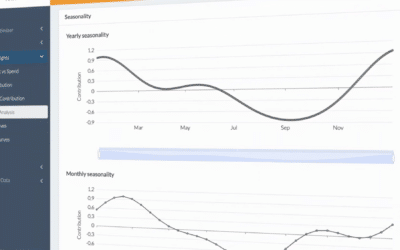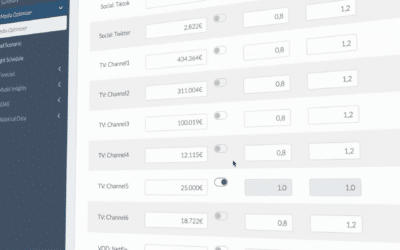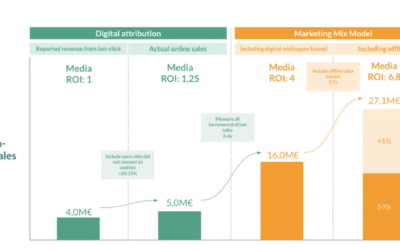The Digital Markets Act (DMA), implemented in the EU in May 2023, aims to create a fairer and more competitive digital landscape. While many celebrate its focus on user privacy and platform neutrality, websites, especially those reliant on Google Analytics and Google Ads, are understandably concerned about its impact on website tracking.
Transparency and Consent: Redefining How We Track
The DMA emphasizes user consent and transparency which means:
- Clearer Consent Options: Websites must obtain clear and unambiguous consent for cookie placement and data collection for personalized advertising. Gone are the days of pre-checked boxes or confusing language. Users must actively give their permission, knowing exactly what data is collected and how it’s used.
- Consent Management Platforms (CMPs): Many websites will likely adopt CMPs to manage various consent options and preferences, adding transparency and potentially reducing overall data collection.
- Limited “Legitimate Interests”: The DMA restricts relying on “legitimate interests” as the sole basis for data collection, making consent the primary pathway.
Impact on Google Analytics:
- Reduced Data Granularity: With limited tracking, anonymized data will be more prevalent, reducing insights into individual user behavior and potentially impacting attribution and conversion tracking.
- Focus on Aggregated Data: Analytics may shift towards providing broader trends and insights based on anonymized or pseudonymized data, requiring analysts to adapt their interpretations.
- Focus on First-Party Data: Building strong first-party data strategies by collecting data directly from users (with proper consent) becomes more crucial for understanding specific user segments and behavior.
Impact on Google Ads:
- Limited Targeting Options: Targeting based on granular user data might become less effective, requiring advertisers to focus on contextual targeting and broader audience segments.
- Attribution Challenges: Precise attribution of ad success might become more difficult due to limited tracking abilities, impacting campaign optimization and ROI measurement.
- Increased Focus on Creativity and Value: With less targeting power, the quality of ad creatives and relevance to broader audiences will become even more critical for attracting clicks and conversions.
Navigating the New Landscape:
While the DMA presents challenges, it also offers opportunities for adaptation and innovation:
- Invest in First-Party Data: Building strong relationships with users and collecting data directly with their consent can provide valuable insights and enhance targeting strategies.
- Focus on Contextual Targeting: Understanding the context of websites and user intent can become more important for delivering relevant ads without relying on individual tracking.
- Embrace Measurement Flexibility: Experimenting with alternative measurement methodologies, such as cohort analyses and aggregated data insights, can be crucial for understanding campaign effectiveness.
- Prioritize Transparency and Trust: Building trust with users by clearly communicating data collection practices and respecting their choices will be key for long-term success.
It’s important to remember that the DMA is still evolving, and its ultimate impact on website tracking and advertising practices is yet to be fully realized. However, by understanding the potential changes and proactively adapting strategies, websites can navigate this new landscape and continue to engage users effectively.




